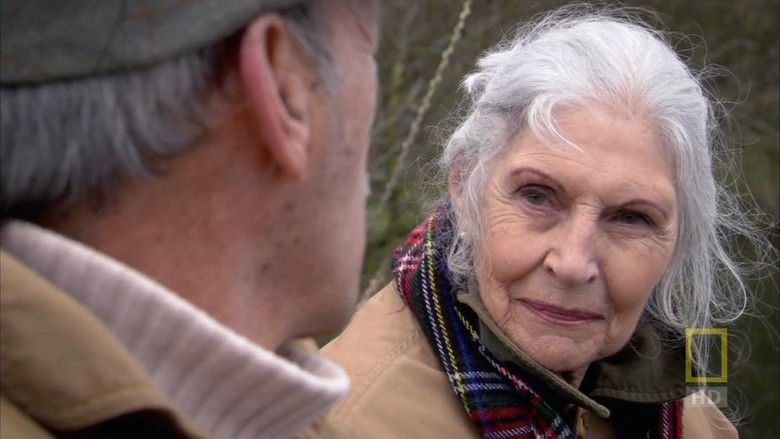Inside the Living Body
Genres
Documentary
OverView
Take a fascinating journey inside the bizarre world of a living human being with this compelling documentary from National Geographic, where microscopic cameras and other state-of-the-art technologies reveal perspectives that will blow your mind. Tracking the body of a female from infancy to old age, viewers will observe the digestion of a meal, the development of the cardiac system and other mesmerizing aspects of the body's inner workings.
Others
Budget
$--
Revenue
$--
Status
Released
Original Language
English
Runtime
100 mins
Rating
6.8/10
Release Date
16 September 2007
Country
United Kingdom

